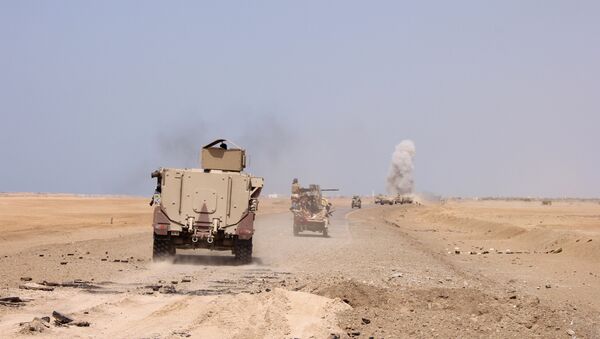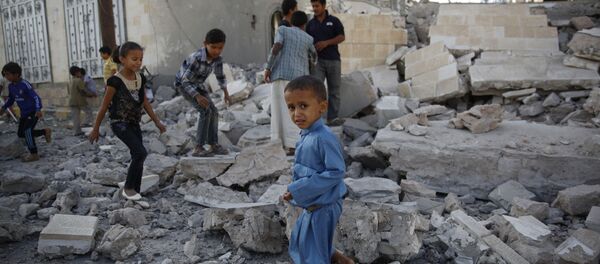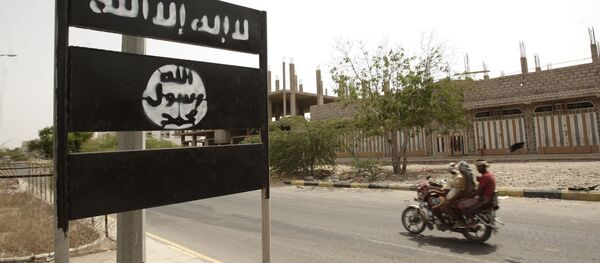“We have a proxy struggle for the region between Saudi Arabia and the Islamic Republic of Iran and in many ways, Saudi Arabia saw the advances made by the Houthi tribes in alliance with a formal regime of Salah on the capital city of Yemen as essentially an Iran-backed advance and decided to intervene,” Davidson said.
He further spoke about how this intervention has gone terribly wrong over the past two years.
Talking about Trump’s administration considering providing more military support to the Saudi-led coalition, the professor said that it is important to be careful how such statements are interpreted.
“The kind of support the United States is likely to provide Saudi Arabia with is very limited. It will include providing further intelligence and logistical support,” Davidson said.
According to the professor the best way to achieve these two scenarios is to keep Saudi Arabia engaged in the never-ending war in Yemen, which of course from “Saudi Arabia’s perspective is seen as an existential struggle with Iran.”
Davidson further looked at other possible reasons why the US administration seeks to extend support to the Saudi-led coalition.
“There is a great concern that the US is drifting away from its alliance with Saudi Arabia and there are big things happening in the US right now that the White House cannot control,” the professor said.
He further said that the “war in Yemen has gone very badly wrong and it is starting to become very much like a PR disaster not just for Saudi Arabia but also for its major allies including the United States.”
The move is also expected to help Washington shore up its relations with Riyadh, which saw deterioration under former President Obama.
Other reports also suggest that Defense Secretary Jim Mattis has recently asked the White House to lift Obama-era restrictions on US military support for Persian Gulf states engaged in the Yemeni war. In a memo this month the official reportedly said that limited support for Riyadh and Abu Dhabi would help combat a common threat.
Yet the proposals still need to be approved by the White House, as well as the Defense Department, which remain locked in a debate over the issue. Since March 2015, Yemen has been engulfed in a military conflict between the government headed by Yemeni President Abd Rabbuh Mansur Hadi and Houthi rebels.
Shortly after the start of the conflict, the Saudi-led coalition of Arab countries launched Operation Decisive Storm, which has since been carrying out airstrikes against the Houthis at Hadi's request.




